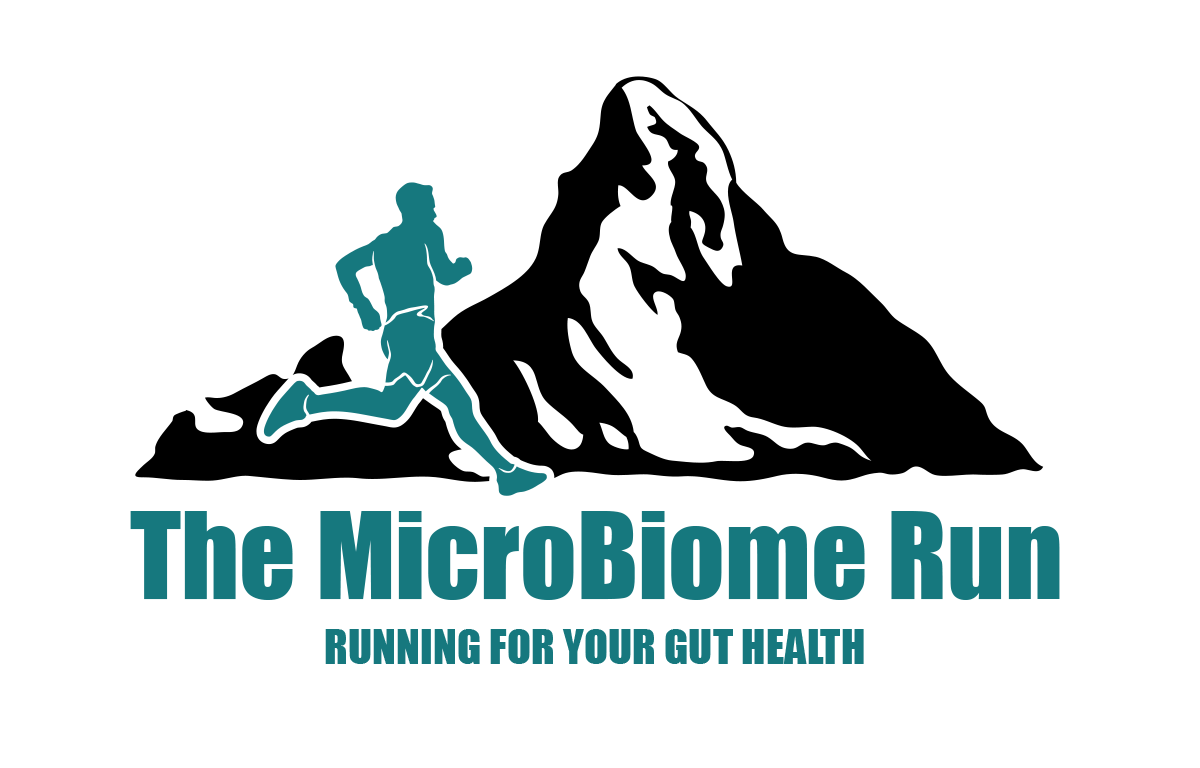But you're still going to do sport because you've been told to. You take in the prescribed carbohydrate, which is a light source of energy compared to fat and is delivered to muscle cells via, say, GLUT1 and GLUT4 channels. Now here would come a terribly long description of why it is difficult to get carbohydrate into a depot (e.g. muscle cell) that is already full, why it matters less and less that the storekeeper (insulin) is calling you every minute (by now who cares? ), the point is that fat metabolism cannot be activated because it requires low-level and continuous (at least 40 minutes) exertion (fat mobilization is slow) and necessity is not present as a major driving force because there is plenty of energy readily available...
While the first moment of exercise you feel like you're on a burst of energy, which is ensured by high blood sugar levels, this will be important when choosing the intensity of exercise, as the wrong choice of intensity will only add to carbohydrate mobilisation (let's run fast, mate, I can do this!). If the morning did not start with breakfast, the drop in blood glucose would subjectively prompt a reduction in workload, and a decrease in intensity would trigger fat mobilisation as a secondary energy-producing process. Thus, circulating carbohydrate simultaneously causes a metabolic state where muscles fatigue rapidly, with no chance of mitochondria increasing in number and size in response to the appropriate stimulus. This leads to the accumulation of, for example, fat vacuoles in muscle tissue which, despite being in the place of use, become inaccessible.
As your exercise becomes more carbohydrate-driven, the mitochondria become smaller and smaller, and their number also decreases. It is now vital that carbohydrate is available to the body, depending on the rate of use, the size of glycogen stores, the rate of mobilisation, huge fluctuations in blood sugar levels occur, insulin levels increase, sugar (in various forms) accumulates in cells and should flow into the cell against huge concentrations, which e.g. the GLUT1 channel (as I recall) cannot do and GLUT4 suffers. The effect of insulin is consequently less and less.
To summarize: not exercising leads to a loss of muscle fat utilization, narrowing the range of exercise intensity and making it harder to choose the right intensity of exercise. Poorly chosen intensity activates the metabolism of sugars, leading to fatigue, a reduction in the duration of movement and a further reduction in the muscle's capacity to use fat. Alongside this, of course, your eating, sleeping and hydration are a disaster...
...and now the storekeeper is standing there, looking out of his head, wondering what the hell to do now...
[1] https://link.springer.com/article/10.1007/s00421-022-05120-0
[2] https://pubmed.ncbi.nlm.nih.gov/25243820/





